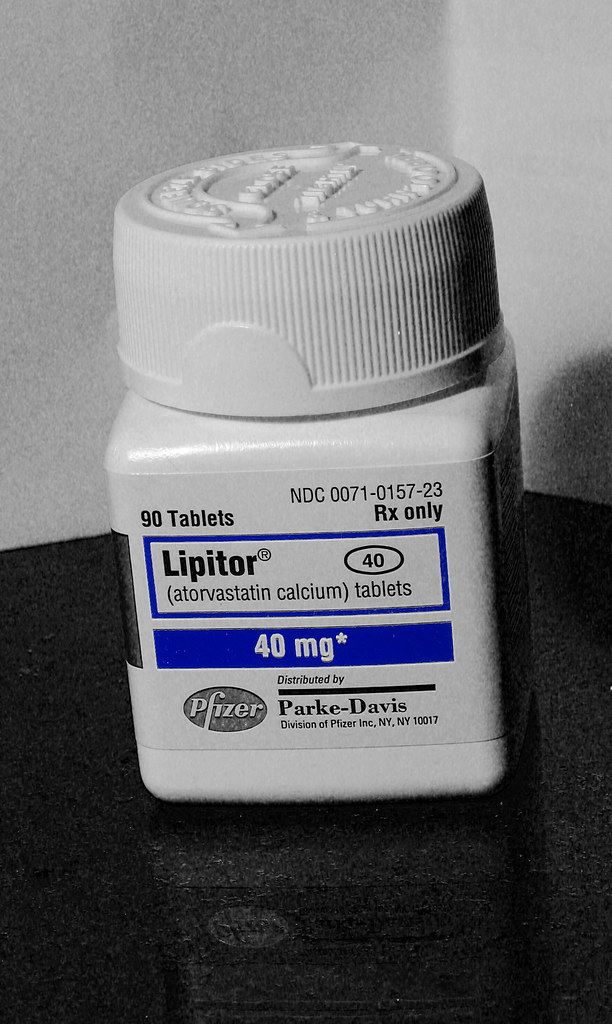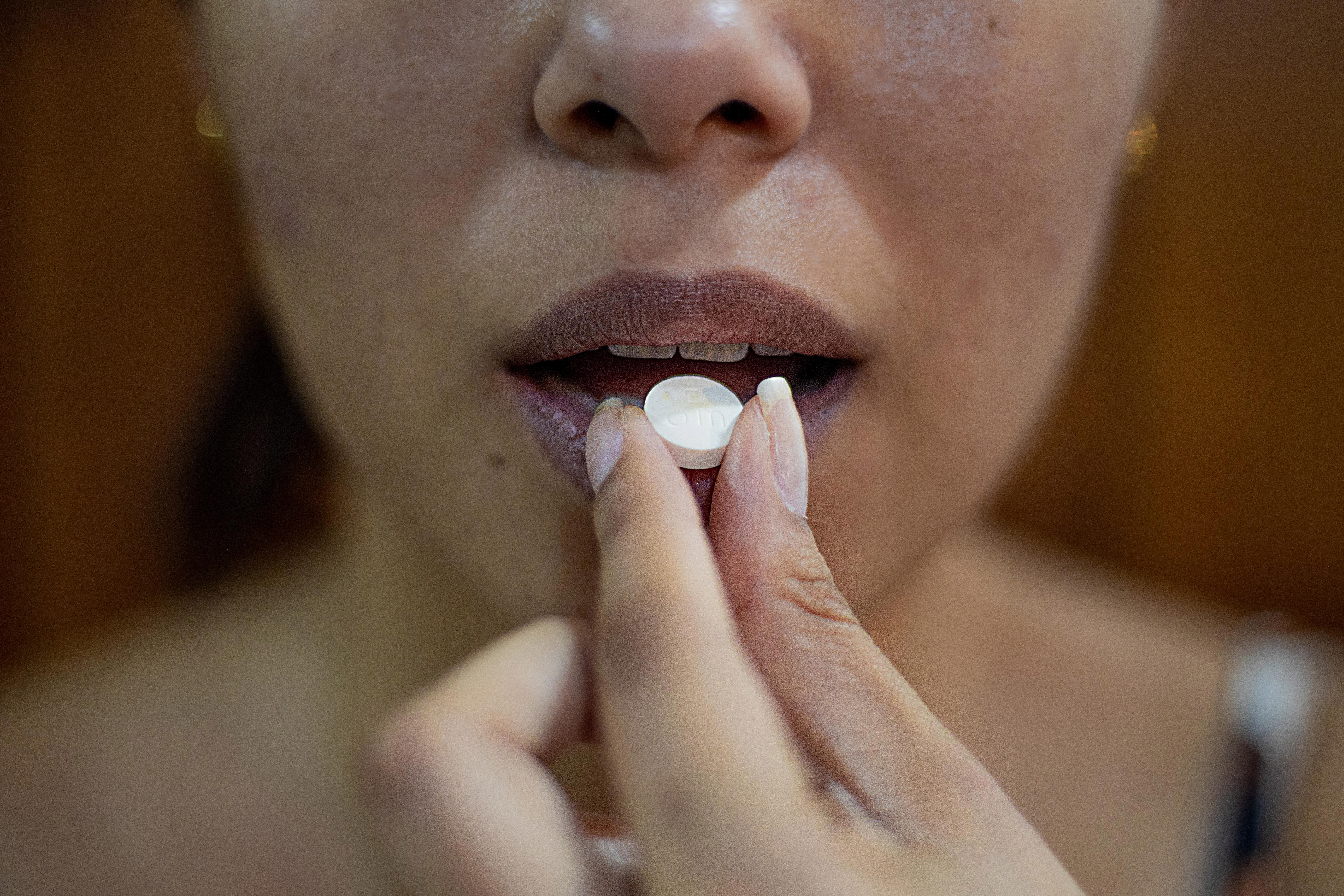Does CBD Interact with Any of These Medications?

Martine Asked
Can I use CBD with synthroid, amlodipine, lithium, seroquel and remeron? Thank you.
Summary

Answer
Hi Martine and thank you for your question. Let’s take a look at each of the medications you mentioned in your question one by one and see if they’re all safe to take with CBD.
Does CBD interact with Synthroid (levothyroxine)?
Synthroid (levothyroxine) is a medication that is used to treat hypothyroidism. Levothyroxine is notorious for chemically interacting with a number of different drugs in the stomach. This tends to decrease the absorption of levothyroxine, so it is sometimes recommended that you take levothyroxine a couple of hours before or after taking any other medications. However, if you’ve already been taking levothyroxine at the same time as your other medications, your dose has likely already been adjusted to account for any interactions and decrease in absorption.
CBD itself shouldn’t be an issue with your levothyroxine therapy, but there could be other ingredients in your CBD oil that may be susceptible to chemically interacting with levothyroxine. So, for that reason, it still may be wise to separate the administration of CBD from when you take your levothyroxine dose, but only if that’s what you already do with your other medications. If you take levothyroxine at the same time as all of your other meds you can probably go right ahead and use CBD at the same time too. Just be sure to tell your doctor that manages your levothyroxine therapy that you are using CBD oil.
Does CBD interact with Amlodipine?
There are no known major drug interactions between CBD and amlodipine.
Does CBD interact with Lithium?
Lithium is a mood-stabilizing agent that is often used to treat symptoms of Bipolar Disorder. There is at least one report of CBD interacting with Lithium at a dose of 10mg/kg/day. The suggested mechanism of this interaction was that CBD inhibited the patient’s kidney function thereby decreasing the elimination of lithium. This is interaction is noteworthy because it could result in elevated lithium levels and possibly even lithium toxicity. You’re likely taking a much lower dose of CBD than the one described in this report, which again was 10 mg/kg/day, so the risk of this interaction actually occurring is probably much lower in your case. However, it is probably still a good idea to be familiar with the signs and symptoms of lithium toxicity just to be on the safe side.
Signs and Symptoms of Lithium Toxicity
- Diarrhea
- Nausea/vomitin
- Drowsiness
- Muscle weakness
- Lack of coordination
- Changes in vision
- Excessive urination
- Hand tremor
Does CBD interact with Seroquel (Quetiapine)?
Seroquel (Quetiapine) is a second-generation antipsychotic agent that is commonly used for sleep, depression, and psychotic disorders. Theoretically, CBD may increase the risk of the CNS depressant effects of Seroquel. Effects like sedation which includes slow reaction times, impaired performance or attention, and also somnolence or “drowsiness” may be more pronounced when taking this combination. Keep in mind that these side effects of CBD are usually encountered with high doses.
Does CBD interact with Remeron (mirtazapine)?
Remeron (mirtazapine) is a tetracyclic antidepressant that is also commonly used for depression, insomnia, and symptoms of PTSD. Just like with quetiapine, there’s a risk that taking CBD could enhance the CNS depressant effects of Remeron. There’s also a small chance that taking CBD could increase the risk of a serious condition called serotonin syndrome. One of the reasons that CBD is commonly marketed and utilized for anxiety and depression is because it has activity on serotonin receptors. Mirtazapine increases serotonin levels, so there’s a chance that using this combination could cause serotonin levels to become dangerously high. Just like before with the lithium example, I don’t think this is a reason to avoid this combination entirely, but I’d at least be familiar with the signs and symptoms of serotonin syndrome, again, just to be on the safe side.
Signs and Symptoms of Serotonin Syndrome
- Agitation or restlessness
- Insomnia
- Confusion
- Rapid heart rate and high blood pressure
- Dilated pupils
- Loss of muscle coordination or twitching muscles
- High blood pressure
- Muscle rigidity
- Heavy sweating
- Diarrhea
- Headache
- Shivering
- Goosebumps
In Conclusion
Overall, while there is some potential for CBD to interact with a few of the medications that you’re on, as long as you’re taking a low dose of CBD, say around 25-50 mg per day, I don’t think any of these combinations would cause any issues for you.
However, if for some reason you increase your dose of CBD or change medications it’s always a good idea to talk to your doctor and pharmacist, so they can keep a keen eye out for any of the interactions we talked about or any of the symptoms I mentioned above.
I hope this helps answer your question! Please feel free to reach back out again anytime you need.
- Epidiolex. Greenwich Biosciences; 2018 [package insert].
- Lithium carbonate.West-ward pharmaceuticals; 2018 [package insert].
- Norvasc.Pfizer; 2011 [package insert].
- Synthroid.Abbott labs; 2005 [package insert].
- Seroquel.AstraZeneca; 2013 [package insert].
- Drug-Drug Interactions Between Cannabidiol and Lithium (PubMed).
- Serotonin syndrome (Mayo Clinic).
- Lithium Toxicity (NAMI).




